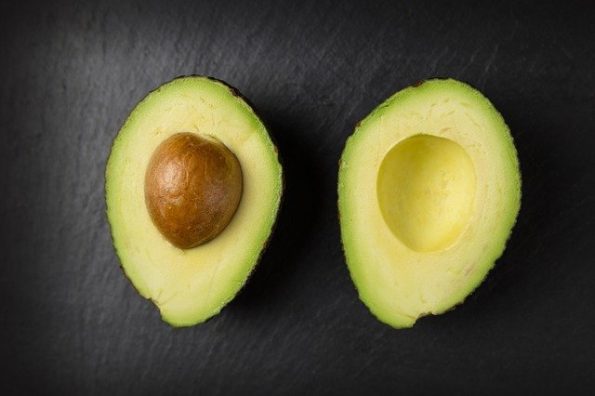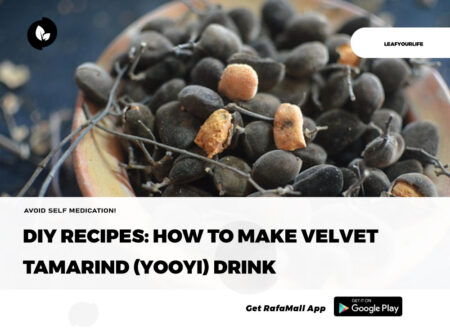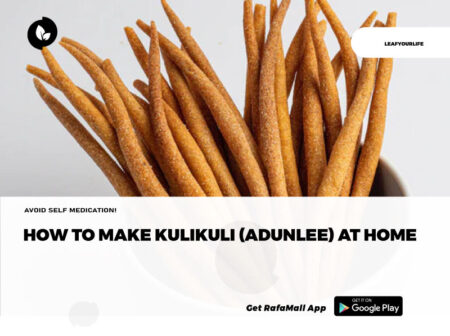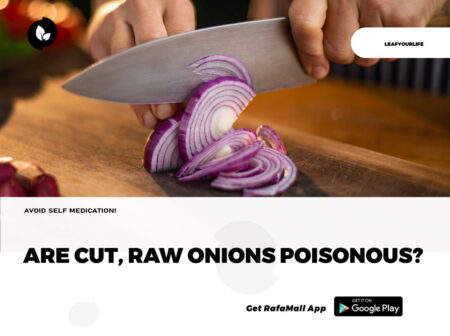By GNA

Although avocado and pear are both fruits, they are completely different crops. In Ghana, avocado is popularly called ?paya? because of the attachment of the English word ?pear? (correctly pronounced as ?pair?) to its name. Like all other crops, the common or English names ?avocado? and ?pear? technically refer to the fruits; the plants that bear them are precisely referred to by their botanical names.
Similar to many other things or concepts, different organisms do have the same names. Also, one organism may have different names (a good example is puma which is in the Guinness Book of World Records for having 40 names in English language alone). Furthermore, the same organism may have different common names in the different ?Englishes? [e.g., maize in British English (BrE) is termed corn in American English (AmE)]. In some cases too, the same name is spelt differently (e.g., soya bean in BrE and soybean in AmE). The result is that English or common names can rarely be relied upon to identify organisms.
To identify each organism uniquely, biologists invented the binomial nomenclature via which every organism is given a distinct two-part name based on Latin grammar. These two-part names are termed scientific names; scientific names given to plants are called botanical names. No two organisms share the same scientific name.
From the above, the first evidence that avocado is dissimilar from pear is reflected in their botanical names. Avocado is known as Persea americana, but pear is termed Pyrus communis. Furthering up the hierarchy (pronounced as ?hairaaki?) of classification, avocado is in the Lauraceae family but pear is in the Rosaceae family. Therefore, these two crops are completely different. The question remains as to why they share the name ?pear? in common.
Avocado and pear both got the word ?pear? in common only because of similarity in shape of the fruits. In English, any object with a teardrop shape is described as being pear shaped, for example, the human heart. As seen in our local markets, the similarity in shape of many varieties of avocado fruits with those of pear resulted in the word ?pear? being attached to name ?avocado? making the name needlessly wordy as ?avocado pear?. Simply google the two terms and check the images for yourself.
Unfortunately, many people rather dropped the correct name ?avocado? and replaced it wholly with ?pear? when they are referring to avocado, the fruit you love to eat with bread. This error is particularly common in natural science textbooks for lower primary. At that learning stage, our pupils are generationally infected with this misnomer. ?Academically, the name ?avocado? is often enough or is better unless one has a genuine reason to be wordy.
Shape contributing to naming of crops is not limited to avocado. An extreme example is cocoa (Family: Malvaceae) whose seeds are named ?cocoa beans? simply because they are kidney-shaped like true beans. Remember that beans are seeds produced by only plants in the legume family, Fabaceae or Leguminosae.
Other differences still exist between avocado and pear. One of such differences is the geographical area in which the crops are found. Avocado is a tropical crop, growing in the tropics?areas between Tropic of Cancer (Latitude 23?o N) and Tropic of Capricorn (Latitude 23?o S). Thus, avocado grows abundantly in the forest regions of Ghana. In particular, it volunteers (self-establishes) in cocoa farms.
Pear, on the other hand, is a temperate crop, growing in areas between Tropic of Cancer and Arctic Circle (Latitude 66?o N). And like apple, pear is typically an exotic fruit that is only imported to Ghana for consumption. It can never be grown in Ghana, a tropical country.
The other difference is the fruit type. Avocado is a true fruit botanically termed a berry. It is one of the few berries that are one-seeded. Having a large and thick seed, avocado is wrongly considered a drupe. To confirm that avocado is not a drupe, compare it with a mango which is a true drupe. You?ll realise that a mango seed is surrounded by a hard shell called endocarp. The presence of a thick endocarp is the feature common to all drupes such as oil palm, coconut and almond. However, the ?shell? surrounding an avocado seed is thin and papery. The papery ?shell? confirms that avocado is not a drupe.
Conversely, pear is a false fruit botanically termed a pome. It is just similar to apple (Malus domestica), also a pome, except the difference in shape. Pear is also more expensive than apple. Many of the salespersons at groceries (shops where fruits and vegetables are sold) rather misname pear as sweet apple because it is sweeter than apple. In simple terms, use only the name ?avocado? when referring to the fruit commonly eaten with bread, rice and/or gari and beans. Reserve the name ?pear? for describing the seasonally available exotic fruits borne by Pyrus spp.
Adding to the avocado pear and pear problem is garden egg and eggplant (also called aubergine in BrE). Though being closely related, garden egg is different from eggplant. As usual, the first difference is seen in their botanical names. Garden egg is botanically called Solanum aethiopicum but eggplant, correctly written as one word, is botanically termed Solanum melongena. Reportedly, the Ga people call garden egg ?S?B?? and the Akans call it ?nyaadewa?. On the other hand, the Gas call eggplant ?atrokpo?.
Unlike Avocado and pear, garden egg and eggplant are both in the same genus (pronounced as ?jiinus?), Solanum, and family, Solanaceae. Both are also tropical crops. However, garden eggs are usually smaller fruits whilst eggplant or aubergine are bigger fruits some of which are light pink in color.
Therefore, never conclude that any two organisms including humans with a name in common are the same. This write-up is part of the Generational Errors Series. If you appreciate this article, thank a teacher.











